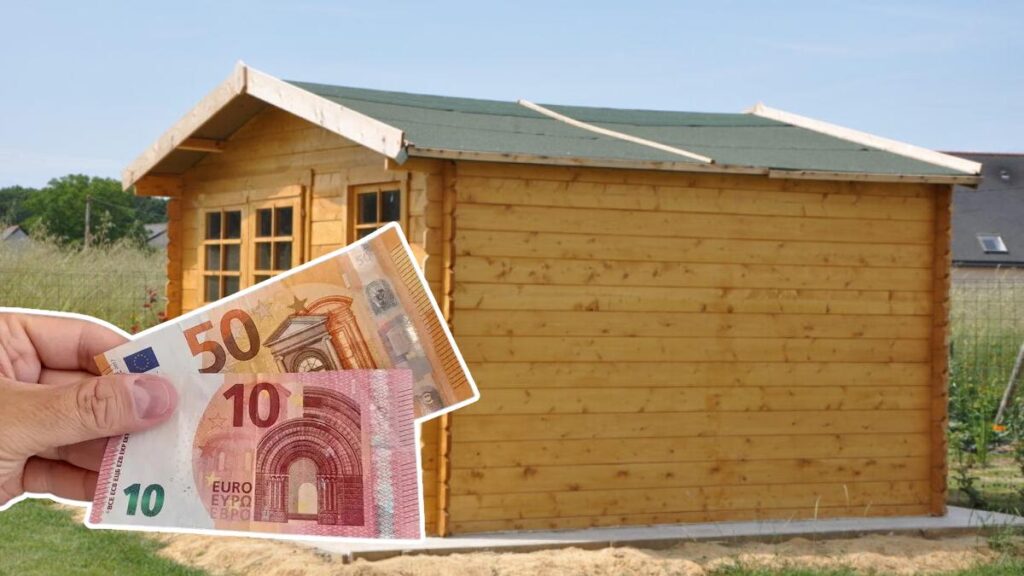Building a garden shed may seem like a great idea… until the tax comes into play. In 2025, many homeowners will discover that they are required to pay a hefty amount just for having installed a garden shed. This development tax, often referred to as garden shed tax, continues to rise each year. Fortunately, there is a legal tip that can help you avoid this cost.
This little-known rule is based on a detail that many overlook. However, thinking about it before you start construction can save you from this expense.
Are you curious? Before you grab your hammer and nails, discover what the law allows you to do… without costing you a single cent.
What the garden shed tax really hides
When you install a garden shed, you may not always think about the tax implications. However, this tax is very real. It’s called the development tax, but it’s often nicknamed garden shed tax. It doesn’t only apply to sheds.
It can also apply to a veranda, a swimming pool, or even solar panels. This tax is determined by the local municipality and the department. Its amount mainly depends on the size of what you are constructing.
The larger the structure, the more you pay. This amount can quickly become quite high. Many people are unaware of this and receive the bill after the works have been completed. That’s why it’s essential to gather information before you build.
The simple trick to avoid paying the tax in 2025
Fortunately, there is a simple and completely legal trick to avoid this tax. The secret is not to construct something permanent. For instance, if you do not anchor your garden shed to the ground or if you can easily dismantle it, you can avoid paying the tax.
Why? Because the law states that only fixed and durable structures are taxed. A shed that can be removed or relocated does not qualify as a legitimate construction. Therefore, it’s crucial to choose the right type of shed. This can save you a lot of money. This rule is simple, yet few people are aware of it.
Who can be exempt from the development tax?
There are also situations where the tax is not mandatory. For example, if your shed is under 5 square meters and does not require a permit from the municipality, then you are in the clear. The same applies if you rebuild a shed that was destroyed less than 10 years ago due to an accident or a storm.
Another exemption exists if your property is in a zone with a risk prevention plan. In this case, the law exempts you as well. These situations are clearly outlined in the legislation. However, it is essential to check with your local municipality before starting any construction.
Mistakes that may lead you to pay the tax anyway
Some people mistakenly believe they won’t have to pay the tax. A common error is to start construction without filing a declaration. Even if you think your shed is small, the municipality may decide that a permit was necessary.
In such cases, the tax applies. Another mistake is believing that a removable shed is always exempt. If you fix it to the ground, even slightly, the municipality may consider it permanent, resulting in an obligation to pay. To avoid these pitfalls, it’s best to consult your municipality and read the local regulations thoroughly.

